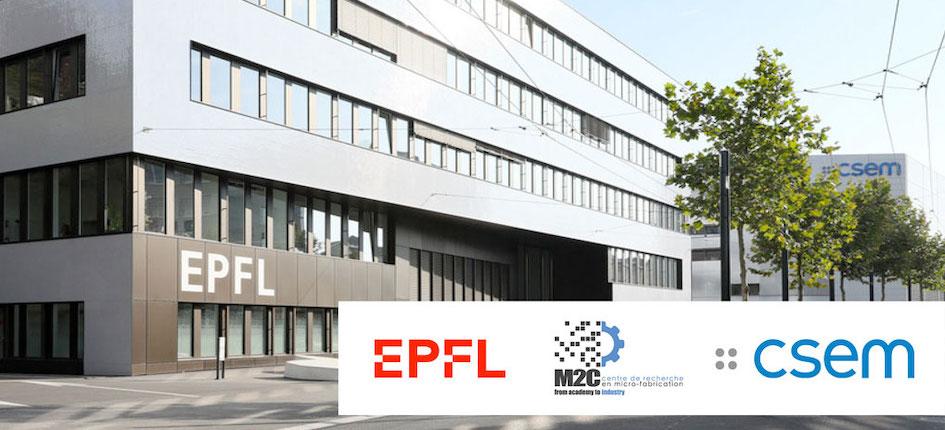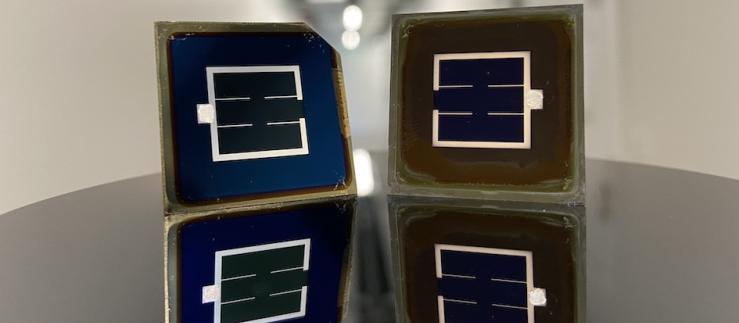Recently inaugurated, the M2C center in Neuchâtel focuses on various high-precision 3D manufacturing processes. It will cover all stages of development, from fundamental research – carried out by EPFL laboratories – to the transfer of sustainable technologies with high economic impact to industry – under the leadership of the CSEM. The center will serve as a catalyst to foster collaboration between academic, institutional and industrial partners, and will function as a training platform for its stakeholders.
“3D fabrication methods are raising the bar for precision and digitization,” said Bruno Studach, the operational director of advanced manufacturing at EPFL. “These groundbreaking techniques are shifting the industrial landscape, taking us toward a future in which objects and computers are increasingly connected. Investing in these rapidly evolving fields is vital if we are to stay ahead of the global competition and remain at the forefront of innovation. The M2C was created with precisely these challenges in mind.”
With 3D manufacturing methods, all stages of creation can be digitized, from design to production. In addition, a single machine can produce fundamentally different components. At the M2C, scientists and engineers will design, develop and test new materials and manufacturing tools to make the most of them.
3D printing technologies suitable for a wide range of applications
The unique characteristics of 3D printed parts make them appealing to the space industry, as well as to the development of custom medical prostheses, micro-fluidic devices, and watchmaking parts. The ability to embed sensors and other functions directly into 3D-printed components opens the door to multiple and accurate data collection.
“Through this multidisciplinary collaboration, EPFL and CSEM laboratories will share state-of-the-art equipment and work together to accelerate the adoption of new production technologies to ensure the innovation and competitiveness of the Swiss manufacturing industry,” concludes Olha Sereda, Group Leader in Additive Manufacturing at CSEM.







